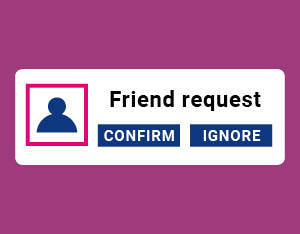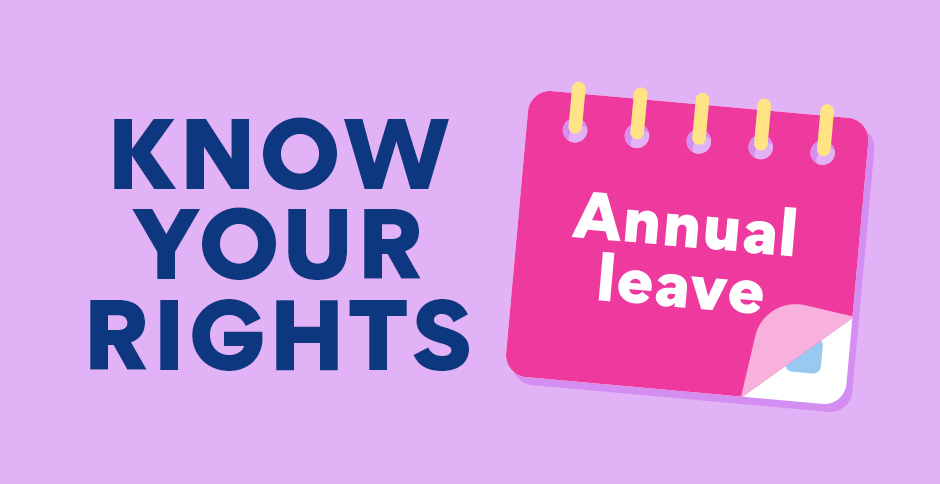Say you’re scrolling through your social feed and your boss pops up as a friend request. Do you accept, deny, or ignore it and hope they don’t notice?
Social media can be an effortless way to connect with friends. But with colleagues, it’s not quite as simple.
Here SEEK’s Resident Psychologist Sabina Read lets us know the risks of friending and following colleagues – and shares advice on what to do when work and social media collide.
Connect and find things in common
Most New Zealanders (87%) agree that social media is great way to stay in touch with past and present colleagues, and SEEK research reveals that 3 in 4 people are currently connected with co-workers.
“Social media can give colleagues an insight into the more personal aspects of our lives – our favourite hobbies, mutual friends, loved ones and pets, holidays and other interests,” Read says. “Sometimes this content helps humanise us and highlights what we have in common, helping relationships to grow and flourish.”
While most Kiwis have co-workers in their social media networks, 43% have rejected a colleague’s request to connect. “Whether it’s wise to connect with co-workers or even your boss depends on how and what you share, the kind of social media footprint you’ve created, the culture of your workplace, and the kind of working relationships you have with your colleagues,” Read says.
When to be cautious about social media and colleagues
“Connecting with your boss may be unwise, although this depends on your social media use and relationship with your boss,” Read says. “Any boss/subordinate relationship contains a power imbalance. Sharing content that’s inappropriate or overly personal can reduce respect and shift professional boundaries in unhelpful ways.”
How to decide if you should friend or follow
While 53% of New Zealanders agree that how someone acts on social media should have no impact on how they do their job, the truth is that your social media accounts do offer colleagues, bosses and potential employers an insight into your views, behaviour and values.
Think about how you use your social media accounts and the type of information you share. Would you be happy for your colleagues or boss to have access to this information about you? “Just because we share an employer or work in the same team and act friendly at work, doesn’t mean we feel connected or interested in pursuing a friendship outside of work,” Read says.
Before deciding who to befriend
- Do an audit of your content – is it general, work-related or personal?
- Ask yourself if you’re friends outside of work. If not, it might not be wise to be friends on social media
- Take your time – don’t accept the request straight away
- Know that it’s okay if you want to connect on some platforms but not others
What to say if you don’t want to be friends on social media
“As long as you’re clear in your mind about your social media and work, it’s okay to ignore or even reject requests,” Read says. “Some people may find it easier to mention in passing to the inviter that they prefer to keep their social media contacts and content separate to work.”
Some people choose to have personal and public social media accounts, and this is one way you can maintain a public persona but still preserve your privacy.
If you’re unsure about sharing your personal social content with colleagues and your boss, then don’t. It’s okay to ignore or decline requests and connect with colleagues or your boss in other ways instead. If you do have co-workers following you on social media, always be sure to think twice about what you post. While you might want to be careful with what you post after a night out on the town or the opinions you share on controversial topics, endless pics of your cute pets are always ok.



